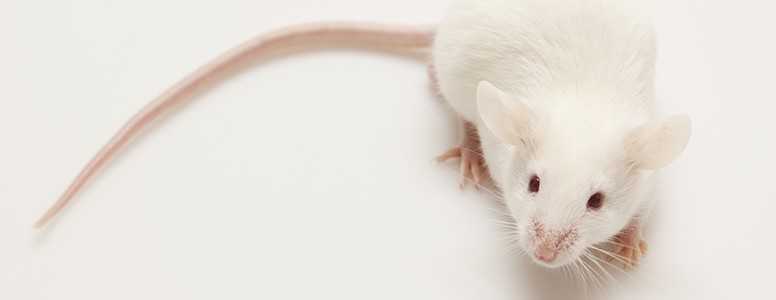Researchers have reversed type 1 diabetes in non-obese mice using brown fat transplants. If this research is developed, it could hold great therapeutic potential for humans with type 1 diabetes.
The study, which was published in the American Journal of Physiology, was conducted on 27 non-obese mice. At the beginning of the study, the mice were weighed, and their non-fasting blood glucose samples were collected.
Then the mice were given brown adipose tissue (or brown fat) transplants (BAT transplants). After further testing, the researchers observed that the transplants appeared to have boosted insulin-like growth factor-1 (IGF-1) in the mice.
“Adipogenic and anti-inflammatory properties of IGF-1 may stimulate regeneration of healthy white adipose tissue, which in turn secretes hypoglycemic adiokines that substitute for insulin,” the authors wrote.
“These data demonstrate the potential for insulin-independent reversal of autoimmune-induced T1D with BAT transplants and implicate IGF-1 as a likely mediator in the resulting equilibrium.”
In other words, the mice developed a hormone that substituted for insulin after being given the BAT transplants. If something similar could work in humans, it may lead to new therapeutic options for people with type 1 diabetes. That said, the research is still in a preliminary stage. More work is needed.
“Although the current data demonstrate the ability of BAT transplants to correct autoimmune diabetes without insulin, the success rates were less than reported previously […] it seems likely that failed transplants did not generate adequate amounts of anti-inflammatory and adipogenic factors to regenerate and maintain healthy adipose tissue.”
What's new on the forum? ⭐️
Get our free newsletters
Stay up to date with the latest news, research and breakthroughs.




